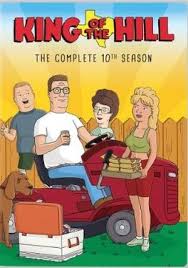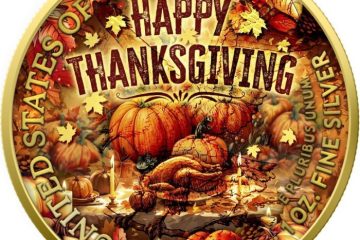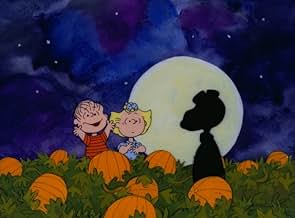The Legacy of King of the Hill: A Cultural Phenomenon

Introduction
‘King of the Hill,’ an animated television series created by Mike Judge and Greg Daniels, originally aired from 1997 to 2010 on Fox. Set in the fictional town of Arlen, Texas, the show centers around the Hill family, particularly the propane salesman Hank Hill, his wife Peggy, their son Bobby, and their eclectic neighbors. The series holds a significant place in the landscape of American television, known for its unique blend of humor, social commentary, and relatable family dynamics. Its relevance remains strong today, appealing to both nostalgic viewers and new audiences drawn to its rich storytelling.
Impact on Animation and Culture
‘King of the Hill’ distinguished itself from other animated shows of its time by offering a more grounded and realistic portrayal of suburban life. Unlike its contemporaries, which often relied on absurdity and caricature, the series showcased a slice-of-life narrative that resonated with many viewers. The depth of the characters and their relationships provided a genuine reflection of American family values and issues.
The show’s creator, Mike Judge, infused the series with his own experiences growing up in Texas, bringing authenticity to the narrative. The humor often stemmed from the everyday interactions of the characters, making it relatable to a broad audience. It tackled issues such as cultural identity, economic hardships, and societal changes with both humor and sensitivity, setting a new standard for what animated series could achieve.
Revival and Ongoing Relevance
Despite concluding in 2010, ‘King of the Hill’ has experienced a resurgence in popularity with the rise of streaming platforms. Recently, there have been discussions surrounding the potential revival of the series, spurred by the nostalgia factor and the current cultural climate that mirrors some themes presented in the show. Fans have been vocal about their desire for a comeback, leading to speculation about future projects involving the original creators.
Conclusion
As society continues to evolve, ‘King of the Hill’ remains a significant cultural artifact that sheds light on the complexities of American life, particularly in the context of working-class experiences. The series’ ability to foster discussions on contemporary issues while providing humor makes it relevant for new generations. The ongoing interest in a revival reflects not just nostalgia but an acknowledgment of the show’s enduring legacy in shaping animated storytelling. As new projects emerge, ‘King of the Hill’ is poised to redefine its impact yet again, reminding audiences of the relatable stories that transcend time.









